Words have power, and that gives writers great responsibility. Responsibility to use words carefully, to know words and their history and connotations well, and to think through nuance and various sociocultural aspects when using them. Some words have particular meanings to particular groups. And so, when a writer uses them carelessly that writer can find himself or herself facing criticisms they might not have expected. I think nothing has made me more aware of this than the recent revelation of being a parent.
You see, I married into kids. I didn’t help conceive them. My kids are the product of my wife’s prior relationships. And my kids are Filipino through and through. So now we are a mixed household. They don’t have the same frame of reference culturally as I, and certainly not from life experience. They are teenagers, I am fifty-four. My wife is thirty-seven and she also has different frame of reference for the same reasons. But being a father and loving my kids, which I do—because love is not about sperm and eggs. Love is a choice and love is an act of choosing people who are yours and caring about and investing in them—gives me new challenges of responsibility in how I use words and how I frame the world. I mess up all the time. Sometimes unintentionally, but most of the time carelessly. And I suffer when I do. Because nothing is more important to me than protecting and keeping my family—keeping them safe, healthy, happy, you name it. So when I hurt them, when I cause them harm, I ache with pain and regret.
I have explored parenting in my books, especially the John Simon series but also Shortcut with Jason Maxx and even back to my early Davi Rhii books. For these, I tended to draw on my experiences as a child and stories I heard from friends and family, but now it’s personal. Now it matters more. You see, there’s something about being a parent that makes you want to preserve the purity of your kids in every way as long as you can and as often as you can. And that’s pretty damn hard in a world of Trumps and Vances and so many others. How do you explain to your kids that it’s not okay to question someone’s racial heritage when the former president of the United States does it right on TV? Or explain the importance of women as equals and respecting their choices when the running mate insults them for not having children?
I should explain that I don’t like getting political on social media much, but I do have very strong opinions. And the thing is I grew up sheltered with an idealistic view of the world taught by my parents who sheltered me. In my house, people helped each other and sought ways to serve the community. My parents did so professionally as a doctor and a nurse but also serving in the church or volunteering in the community to do things like help immigrant families, help fight for education rights for the disabled community, and so much more. My parents never once spoke a word about anyone that had anything to do with their race or sexual preference. Oh, we were raised Christian—American Baptist, and my parents voted conservative, yes. And we were about traditional values like celibacy until marriage and do unto others, and so on and so forth absolutely. College was important because education was the way to success. And kindness was the right choice always, even when it cost you. It’s both funny and sad how the world has changed and here I am raising kids in it. My instinct is to try and instill in them the same values I had as a kid, but realism leads me to struggle along the harder path—a more honest and unfamiliar one in the face of the country we live in and the struggles we see playing out there daily on social media and television.
(For those who wonder, I am a registered independent these days because I find I just don’t agree 100% with either party and I vote character and issues, not party anyway.)
You see, my kids and my wife will never not be Filipinos. They may become Filipino Americans in time. But what they will never be are white Americas. Where as I always have been and always will be a white American. But what mattered more than such things to my parents was moral character. And that’s why it’s always mattered to me. Integrity is my highest ideal, and though I don’t always achieve it, it informs so much my actions, words, and lifestyle. And always has and will. And it informs my choices in whom and what I vote for much more than any other factor, including party affiliation, religion, and so on.
When I was a kid I was pretty innocent. Because my parents never made race or sexual preference an issue, I treated everyone the same and watched with surprise and sadness when others did not. I struggled to fit in because it seemed so many considered these factors important unlike myself. How did I stay “cool” or avoid being bullied if I didn’t go along? I am ashamed to admit there were times I played along when in a group, even if privately I tried my best to make amends and treated people the way I had been raised. Now there were limits to my participation. I never, for example, called anyone the N word. Or any other similar word like Spic or wetback or name your iteration. To me, that was too far. In fact, I used to hang out in gym class with several POC classmates, and I heard them tossing that word back and forth a lot and talking about the difficulties they faced. Being naturally curious and, as a result of ADHD, far too naturally blunt, one day I asked them point blank, “How come you guys can call each other nigger, but if I say that word you would kick my ass?” My friends laughed and explained, “Because we mean it to take away the power of the negativity. If you use it, it is like a signal flag of the history of abuse the word represents.” Oh, they probably didn’t say it so formally or exactly, but I got the meaning. And one even said, “If you said it, I’d think you were going crazy, because I know shit like that never comes outta your mouth. You a good guy.” And it meant a lot hearing that.
In fact, of my two longest standing high school friends that I have maintained touch with over the decades regularly, one was a POC classmate who unfortunately died this past year. He had the misfortune of also struggling with his weight his whole life, and now that I share that struggle I can tell you my time as a the skinny white friend of Jason really resonates and taught me a lot about what he went through. Not as POC, mind you. As fat. And that’s me saying that in a time and age when teasing me about my weight is something I hardly ever encounter because it’s just not okay anymore in public in most places, thank God.
In fact, I never got teased or persecuted for my faith much either until I got to college. I think the first time was as a camp counselor at an arts camp, and the most recent times have been in the science fiction community. Those are the two places I first encountered Atheists and Agnostics who hated the church. And their hatred runs so deep if they even get a hint you might have faith the implication brings with it a bunch of assumptions as baggage—such as you must be a homophobe, you must hate gays, you must be dumb and ignorant for believing in an unseen God, and all the excesses of the church are your fault for supporting it, etc. You see that’s the power of words. The word Christian brings all those connotations. The same as the way the N word for some hateful people brings connotations of inferiority and stupidity and other ignorant nonsense. Or the way the word gay implies abnormality and depravity to some people and so on. Also nonsense.
So how do I raise my kids to be kind and accepting and not worry about such things in a world where it seems even odder to not see race or sexuality or gender as an issue today than it did in the 1970s and 80s when I was a kid myself? Seriously. It’s become painfully obvious the past twenty years that we are far from over that shit. This is, after all, the world of George Floyd and Charlottesville, Eric Rudolph and Orlando, and Trump, Vance, and so much more. When I was younger it was Matthew Shepherd. That was twenty-five years ago. And have we learned nothing?
So much were matters of race and sexuality non-issues for me that I spent decades working to help people without any regard for those factors. When I went to Ghana on a trip organized by a professor, for example, I realized there was a huge need for musical training and team building. So I organized a non-profit to go back and provide leadership development workshops. We did three in Ghana and then got invited to Brazil, Italy, and Mexico and did more there. I was once told by one of the church members as I interacted with a Mexican congregation that what they admired most about me was how I was the only white visitor they’d seen who moved in and out amongst the Mexican church people without seeming intimidated or awkward despite the fact I barely spoke a word of Spanish. Part of that is because I didn’t put emphasis on differences but focused on what we have in common, in this case, the love for Jesus, our faith, and senses of humor. My gift of a wicked sense of humor has been a huge bridge builder for me in so many situations. We may not be able to understand each other’s words much but I can chicken scratch out enough words, facial expressions and hand pantomiming to make them laugh, and one you are known as funny, people can’t help but like you. Boom. You’re in. It’s no accident I use so much humor in my writing either. It warms over readers to, and I love to entertain as well as move people and inspire them.
Of course, none of this truth of my life mattered to people who took my words from this very blog and twisted and misinterpreted them and tried to “cancel” me before Cancel Culture was even a term. There wasn’t one thing they said to others about my words that had even entered my mind when I wrote them but that’s the power of words. As I said before, “Some words have particular meanings to particular groups.” And people who are sensitive and emotional and looking for persecution around every corner can always find something in what you say to assume you mean them harm. All it takes is a few who resent you for being white male or being more successful or being too kind even to take such assumptions and present them as truth trying to weaken and disarm you in front of others as happened to me. How can I hope to protect my kids from such cruelties? Such heart break? No one who knows my past or my dedication to service regardless of race, sexual preference or gender would assume these things about me, but those who don’t know love a good scandal and will run with them if given a chance. What about my kids? Will being Asian and non-white keep them from such cancellation attempts? I’d love to think so but then the ex-president decides to suggest the Vice President isn’t really POC after all and I have to wonder what hope is there for anyone?
My kids ask me about these things too. “Dad, what’s the deal with the Olympians mocking the Lord’s Supper?” They see Christians jumping ignorantly on that bandwagon and they wonder if they should be outraged too. I mean, they like these Christians have no knowledge of Dionysus, the Greek God, or mythology and French culture, and certainly no knowledge of French painters but they do know DaVinci and his famous “Last Supper” which is known the world over as a Christian painting. “We live in a world where people rush too quickly to judgement,” I tell my kids. “Whether Christian or non-Christian, gay or straight, Republican or Democrat, male or female, people just jump on the bandwagon at the first report of wrongdoing without being bothered to check the facts. This is why the Scriptures warn us not to let ignorance lead us to sin. It’s why education is important to your mother and I and why I want you to read books and study history and get much more context than just what you hear at school or on social media.”
A whole lot of people in this world could use a dose of such context these days, I think. Maybe if they did the world would be a better place. Certain “cancel culture” would lose a lot of its power and so would Trump and Vance and a lot of politicians and media figures who thrive on misleading people who can’t be bothered to read up and to the work. This makes the wordsmith’s responsibility even greater in this day and age, I think. Before someone tried to “cancel” me I could never conceive of anyone interpreting my words the way they did. In fact, a friend named Cat Rambo and I wrote similar essays and compared notes. She thought I articulated things well but when we released our posts on the certain matter almost simultaneously, hers was embraced while mine was ridiculed and misinterpreted and used against me. Is that because she’s a woman? Is it because she’s not Christian? Maybe, I don’t know for sure. But I do know it’s ridiculous, and frankly a sign of great problems in our word. Don’t get me wrong, I am NOT wishing it happened to her instead. I wouldn’t wish on my worst enemies what happened to me, except maybe for a short list of people who instigated my “cancellation.” Having those people get a dose of their own medicine would not strike me as unjust. Karma.
But the point of this essay is not about cancellation or revenge or karma. The point is about parenting and how we can raise our kids not to emulate our mistakes or the mistake of those around them and instead rise above and make the world better by being better people in it. I wish I knew the answer to it because that’s what my father’s heart most longs for. What I do know is that it starts with words because words have power. Words matter. And using them always comes with responsibility, whether we think so or not. Character matters but even more so our words reflect our character. So all the more so, if we want to be considered people of good character rather than just “characters” or “a character” and if we want those around us to also learn to be of good character, we must choose our words with care and wisdom. We must take it upon ourselves not to assume but to know, and if we can’t absolutely be certain we know, to educate ourselves until we do. And to educate our children as well and all those we care about. After all, we can make the world we want to live in at least in our immediate vicinity, I have always believed. And the world I try to make with my stories is a world where justice and honesty and decency and kindness matter and can change the world. I hope my kids grow up to do the same. And I’ll do my best to teach them that.
For what it’s worth…

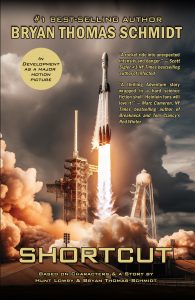
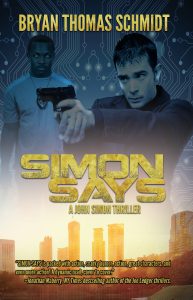

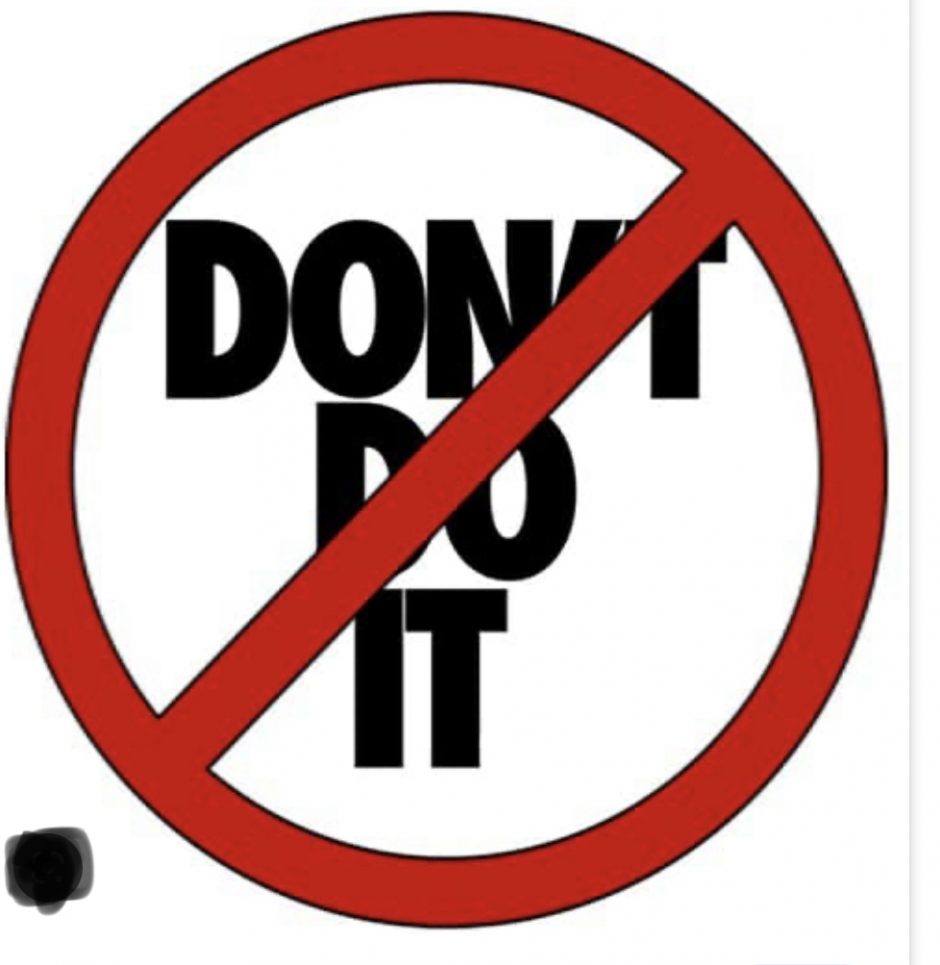
 As a freelance editor, I’ve interacted with a lot of writers. And over time, you start to see patterns and develop instincts that form a kind of “red flag” system, if you will. I’ve already posted about
As a freelance editor, I’ve interacted with a lot of writers. And over time, you start to see patterns and develop instincts that form a kind of “red flag” system, if you will. I’ve already posted about 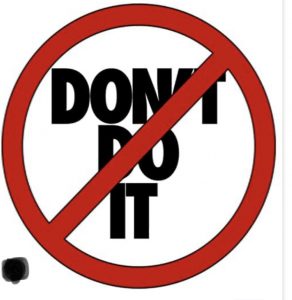 2. Insist you know what things should cost and you won’t be ripped off. This one is like accusing me of being a scammer the moment we meet. Look, of course there are bad editors out there and people willing to take advantage of writers or just woefully overconfident with their own abilities. You should absolutely look out for that, but the way to ensure you find good editors is to do due diligence. Check them out. Most of us do sample edits for free of a few pages. If a person won’t do a sample, consider that a red flag and walk away. Second, most of us will list past clients and even quote endorsements from them on our websites. Social media is your friend here. Go out and ask those clients what we were like to work with and if they’d recommend us. Lastly, you can ask others around the industry if we have a good reputation. In any case, if you do all that due diligence, you should come up with a list of professionals to approach, and if they are professionals, there’s no need to worry about being ripped off. Professionals may charge a bit more, but that’s because they know the work and time involved and they do a great job. They’re worth it. If you can’t afford to pay for good editing, don’t complain when you get a bad editor. 1-3 cents per word is fairly standard. Expect to pay that. If you want a bargain, take what you can get but be ready for subpar disappointing service.
2. Insist you know what things should cost and you won’t be ripped off. This one is like accusing me of being a scammer the moment we meet. Look, of course there are bad editors out there and people willing to take advantage of writers or just woefully overconfident with their own abilities. You should absolutely look out for that, but the way to ensure you find good editors is to do due diligence. Check them out. Most of us do sample edits for free of a few pages. If a person won’t do a sample, consider that a red flag and walk away. Second, most of us will list past clients and even quote endorsements from them on our websites. Social media is your friend here. Go out and ask those clients what we were like to work with and if they’d recommend us. Lastly, you can ask others around the industry if we have a good reputation. In any case, if you do all that due diligence, you should come up with a list of professionals to approach, and if they are professionals, there’s no need to worry about being ripped off. Professionals may charge a bit more, but that’s because they know the work and time involved and they do a great job. They’re worth it. If you can’t afford to pay for good editing, don’t complain when you get a bad editor. 1-3 cents per word is fairly standard. Expect to pay that. If you want a bargain, take what you can get but be ready for subpar disappointing service.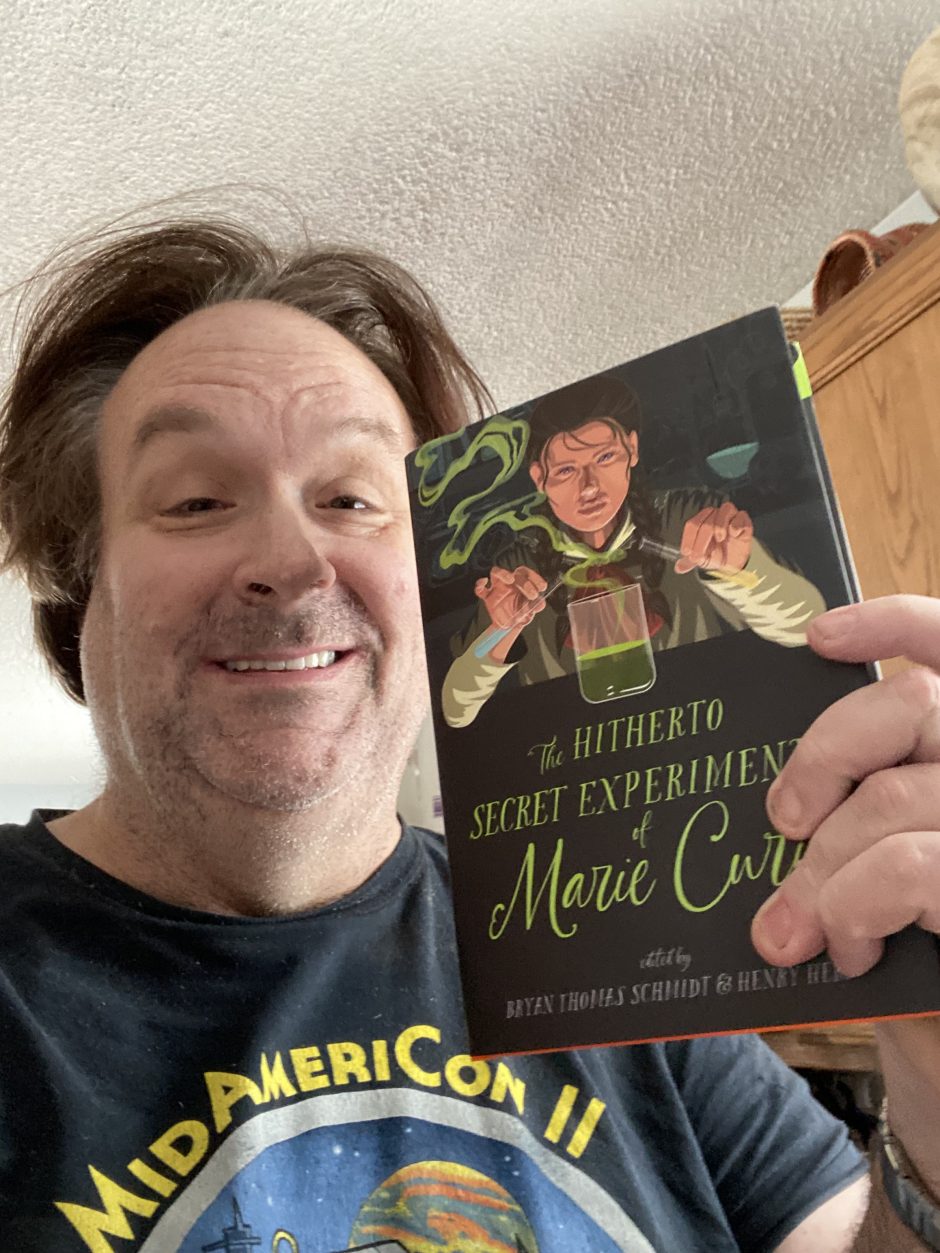
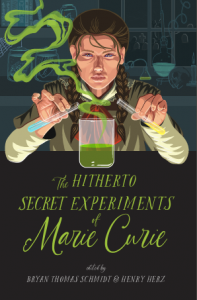 Dear Reader,
Dear Reader,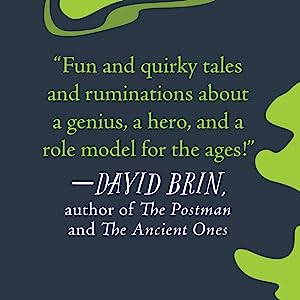 These stories are fictional. Although they are based on real characters in real situations and real history, but none of these events actually happened. Instead we invited 18 of the top Young Adult and horror writers (
These stories are fictional. Although they are based on real characters in real situations and real history, but none of these events actually happened. Instead we invited 18 of the top Young Adult and horror writers ( THE HITHERTO SECRET EXPERIMENTS OF MARIE CURIE won’t change the world but it can entertain and inspired. We hope these stories inspire you to face any obstacles you encounter with courage, drive, and determination. Women can change the world in STEM or anywhere else. We celebrate possibilities and great futures and wish the same for you.
THE HITHERTO SECRET EXPERIMENTS OF MARIE CURIE won’t change the world but it can entertain and inspired. We hope these stories inspire you to face any obstacles you encounter with courage, drive, and determination. Women can change the world in STEM or anywhere else. We celebrate possibilities and great futures and wish the same for you.


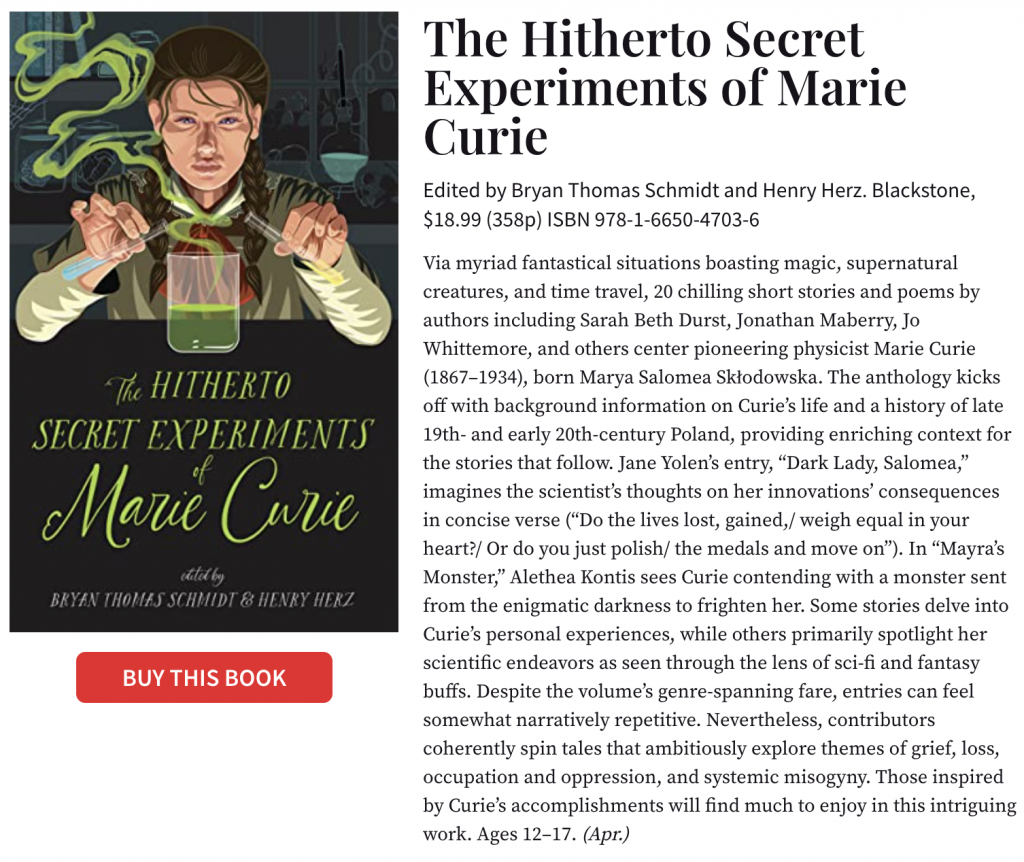
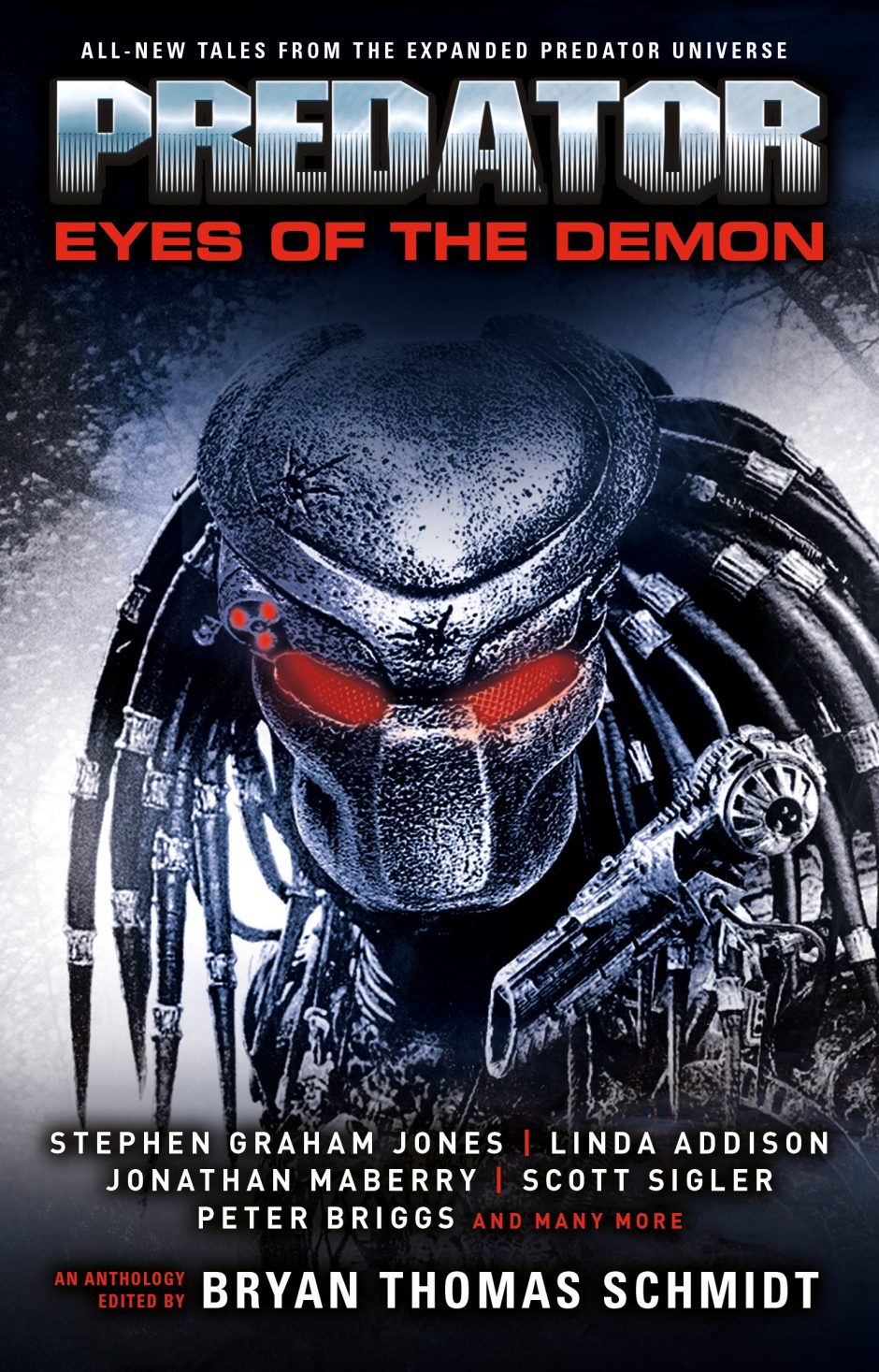
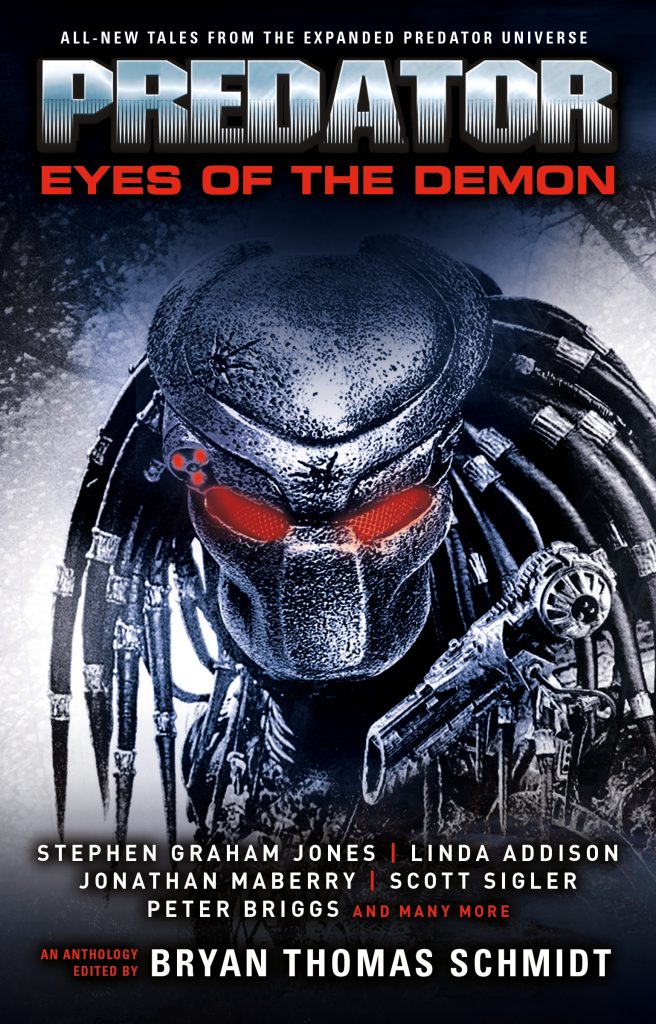 Since the cover finally went live last night, I can finally reveal the author lineup of my latest endeavor in the film universe of PREDATOR. My third such book over all—after PREDATOR: IF IT BLEEDS (2017) and ALIENS VS. PREDATORS: ULTIMATE PREY (March 2022) also from Titan Books—
Since the cover finally went live last night, I can finally reveal the author lineup of my latest endeavor in the film universe of PREDATOR. My third such book over all—after PREDATOR: IF IT BLEEDS (2017) and ALIENS VS. PREDATORS: ULTIMATE PREY (March 2022) also from Titan Books—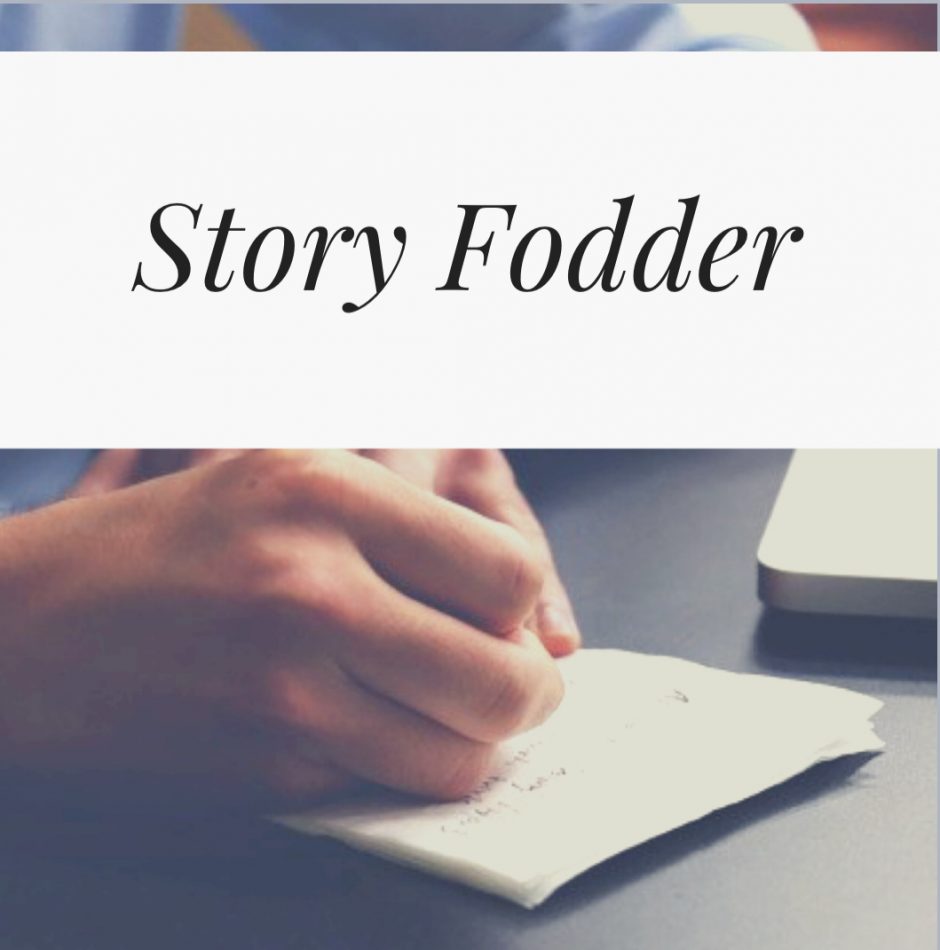

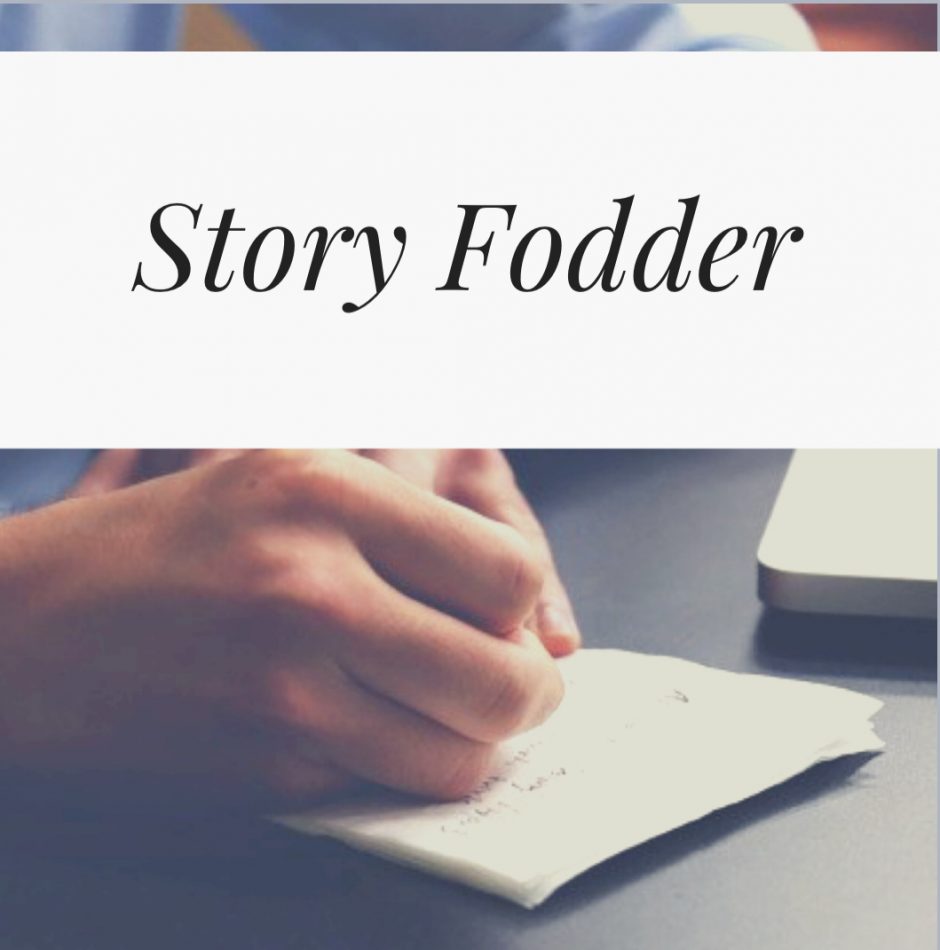
 In this week’s story fodder, two asteroid close encounters, awesome shots from space of six planets, an ancient crocodile-fish mashup, lost indigenous fort uncovered after 200 years, a mind blowing time theory, nuclear powered rockets, and missing galactic material discovered. Have a look. I hope they inspire your creativity.
In this week’s story fodder, two asteroid close encounters, awesome shots from space of six planets, an ancient crocodile-fish mashup, lost indigenous fort uncovered after 200 years, a mind blowing time theory, nuclear powered rockets, and missing galactic material discovered. Have a look. I hope they inspire your creativity.